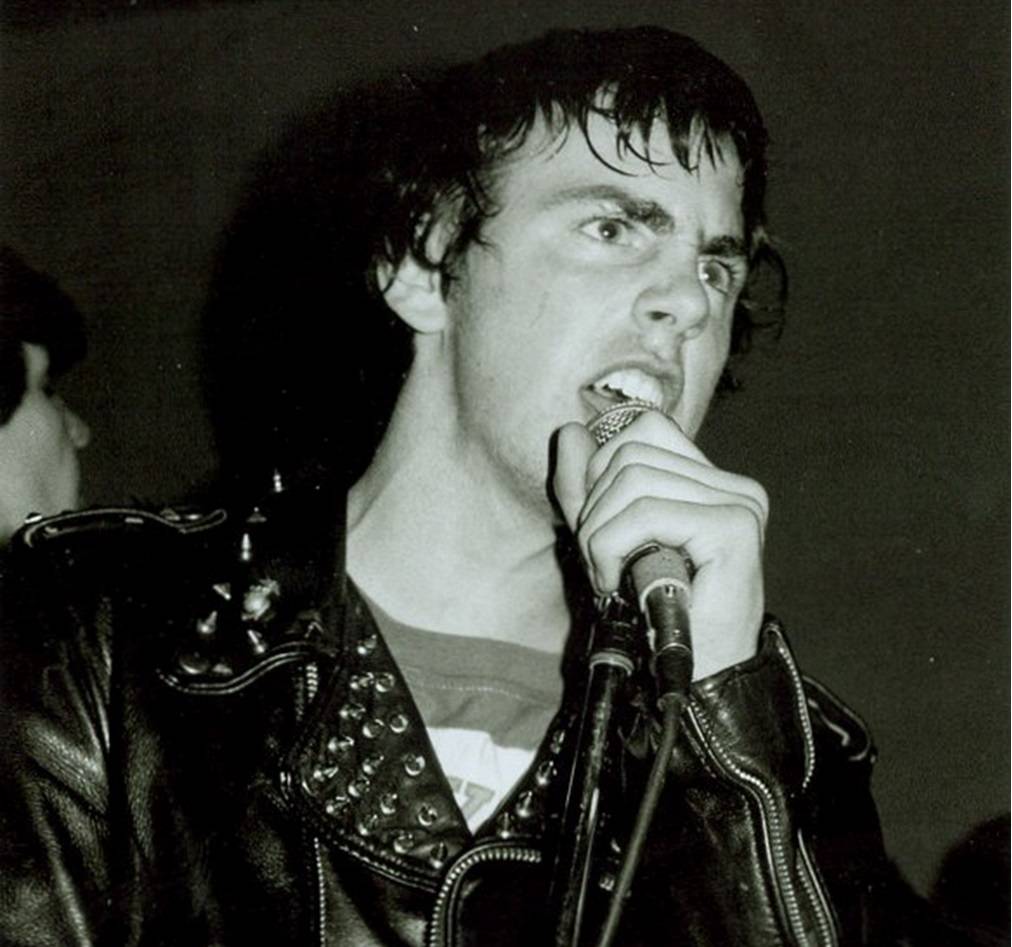
Bad Religion’s Greg Graffin 40 years of punk-rock into one book

Bad Religion’s Greg Graffin on cramming 40 years of punk-rock chaos into one book
Do What You Want: The Story of Bad Religionexplores the band’s founding and rise to fame.
By Ben Trivett
August 17, 2020 at 11:00 AM EDT ALISON BRAUN
After 17 albums, 350-plus songs, multiple lineup changes, and all the punk-rock chaos you can imagine, Bad Religion is finally getting the book treatment their legendary career deserves. The forthcoming autobiography Do What You Want: The Story of Bad Religion, co-authored by writer Jim Ruland, explores the band’s early days, from starting out as teenagers in a San Fernando Valley garage (appropriately nicknamed “The Hell Hole”) to battling for radio play to having run-ins with the police.
“I think the moment when my passion for punk rock and the challenge of writing a biography clicked was when I realized very few people know the whole story of Bad Religion,” Ruland tells EW. “There are so many moments when I thought, ‘How on earth did this band stay together?”
With insights from lead singer Greg Graffin, guitarist Brett Gurewitz, bassist Jay Bentley, and an all-star cast of punk rock legends Do What You Want sheds light on the 40-year career of a band who worked their way into history by doing things their own way.
Graffin, who has been spending most of his quarantine time teaching classes remotely at Cornell University, took some time to briefly about the new book, Bad Religion’s continued influence and keeping in touch with an evolving audience.
Question? How did you guys decide that now was the time for a Bad Religion biography?
Greg Graffin: We got to give due credit to Jim Ruland, the author of the book. Even though we are listed as the authors, Jim really did the work. [He] had a herculean task. He had to put 40 years of history into a readable and enjoyable narrative. I think he did a fantastic job. But the original nugget of an idea came from the fact that there’ve been a lot of punk histories written and punk documentaries [released]. They all sort of had the following narrative: Punk got started with the Sex Pistols, then it moved to New York. In New York, the punk scene got big. Then by 1982 punk died. Then in 1992, Nirvana was born. OK, there’s like this 10-year history between ’82 and ’92, where very little was written about. Those were the years that Bad Religion was extremely industrious. Our formative years started in 1980… Squarely in the middle of that period, Suffer was recorded [and] has proven to be extremely influential to a lot of those bands that were part of the sort of explosion of punk that happened in the ’90s. That story was interesting to tell.
As one of the main figures of this story, what kind of emotions and memories went through your head when revisiting it?
Well, the most important thing of course is to not give up. I think anything that is worthy of a long history and worthy of a story that should be read is because the people in it felt passionate about what they were doing. I think the drive was there from the beginning. We wanted to open people’s minds and make them aware of the world that they were living in. It was, I think, an honorable journey that we started on — and we’re still on it today. [It’s] absolutely stunning and shocking to me that there’s still people who want to hear our story and hear our music. That’s never far from my mind. But the other thing is that none of it could have been achieved without the people and without our fans and also without the mutual support that we give one another.
Bad Religion’s music was always able to tap into younger audiences. How do you continue to do that after 40 years?
I see a lot of the younger kids in the audience and that’s deeply meaningful. It’s not as meaningful as how often I get told by people and fans “Because of you, I went to college.” I have professors now who come up to me and say, “I went into academics because of this album.” Or something like that. That’s very meaningful to me. I’ve always approached being a lead singer like being a professor. There’s a lot of professors who want to be more like rock stars, which is kind of bizarre to me because I always wanted to be a professor. The thing is, you never think like, “Oh, I’m not going to take that class because that professor is so old. He can’t relate to me.”
You guys did the box set for your 30th anniversary, you are doing the book for your 40th. Anything planned for a 50th yet? Or are you just going to play that card when you get there?
We always joked about this, but if we reach 50, I do want to do something that we’ve been talking about since our 20th anniversary: a Bad Religion roast. We would basically have to rent out the Hollywood Palladium because [and] give tickets to everybody who was important to the band. We’d talk about them and show a big presentation and bring them up on stage. When you’ve been around that long, you’ve been in partnership with a lot of people. I just think that would be so much fun and we’ve always joked about it, but that would be my goal.
Anything else coming up for you or the band?
We’ve been working on some music, just as we’re socially distant from each other; each of us has home recording studios. I always write music acoustically. There’s a lot of that coming out. In terms of big releases, the main thing is the book and then hopefully getting out there and honoring all the tickets we sold in 2020.

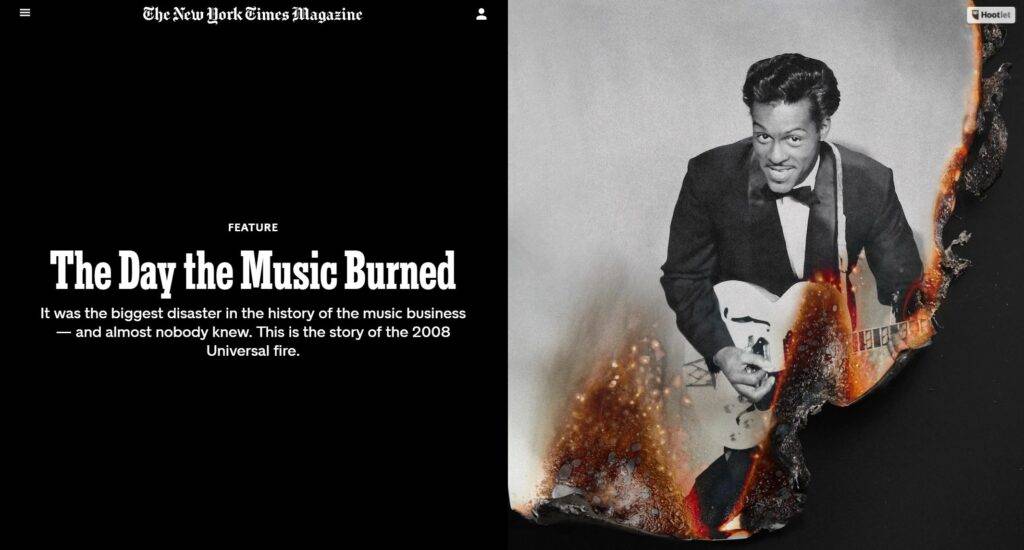
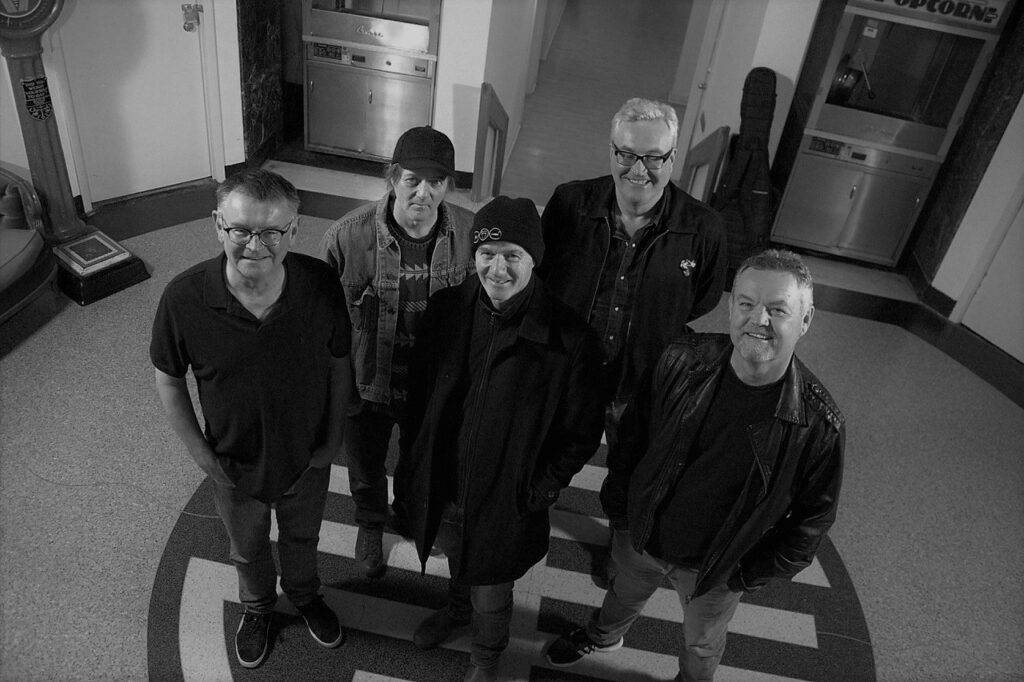
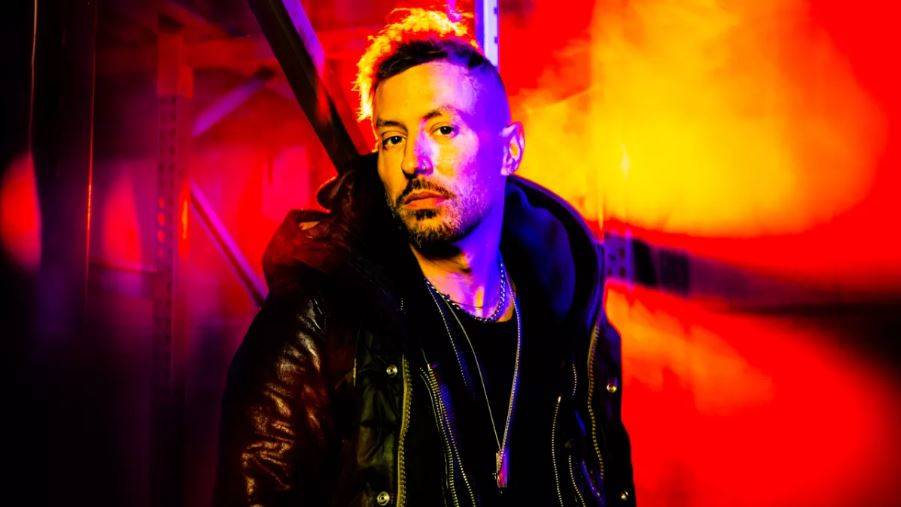

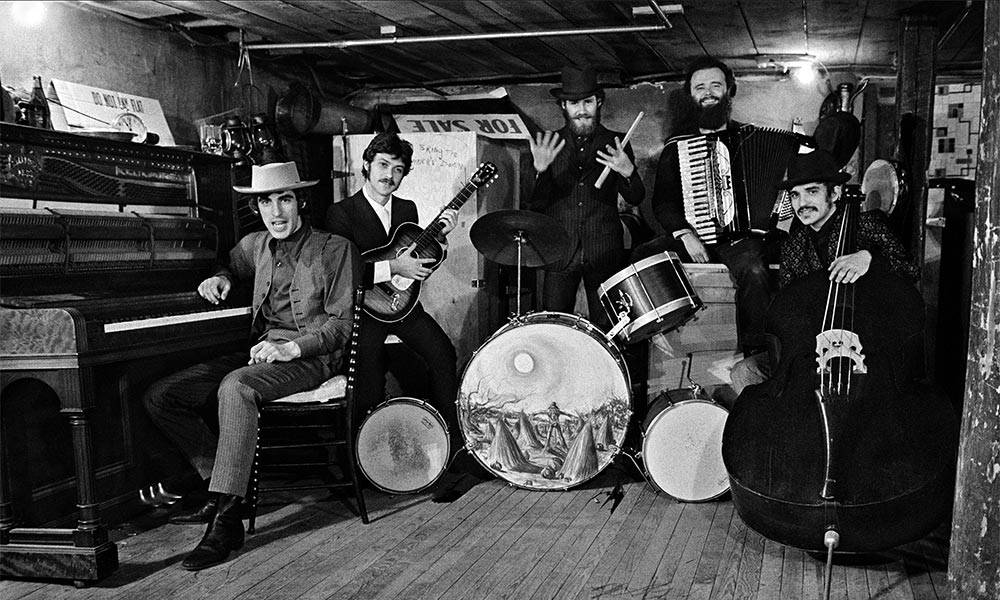
Responses